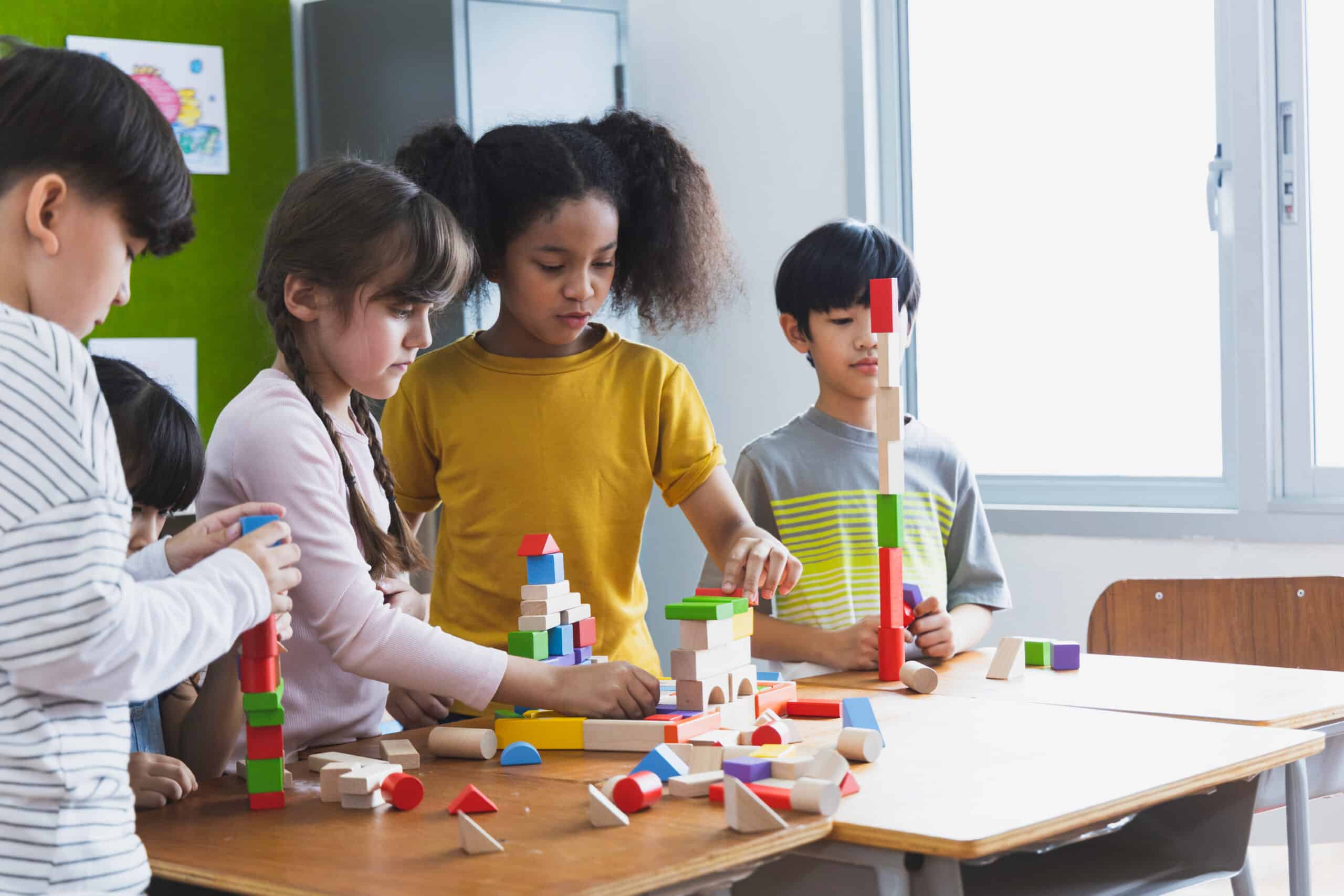

The 12 Best Maria Montessori Quotes
Maria Montessori (1870-1952) would have undoubtedly been the queen of the sound bite had she been born 100 years later. A search for Maria Montessori quotes renders hundreds of results. Who was Maria Montessori and what are some of her best quotes? Keep reading to learn more about this brilliant, compassionate, pioneering feminist, while discovering some of her best quotes.
Key Points of Montessori's Philosophy and Life
- Montessori could have never imagined the impact her teachings still have on the world.
- Montessori firmly believed that young children can teach themselves and everyone should be respectful of a child's ability to understand the world around them.
- To be a good teacher, one has to be a student of the nature of life first. In her mind, how could one teach about the world if they too aren't still curious about the world?
Maria Montessori: The Woman
Maria Montessori's eponymous model of educating young children is as relevant today as it was over 100 years ago. Taking her first class in 1906 in Rome, Dr. Montessori could have scarcely imagined her method's impact on education.
The sole female in the University of Rome's medical school, class of 1896, Maria Montessori was a pediatrician and psychiatrist by training. However, what Dr. Montessori was seeing in her research, visiting asylums around Rome, led her to her life's work. Observing children with mental disabilities, Dr. Montessori saw their potential. Between giving birth to a son, returning to school, giving lectures, translating the works of two of her predecessors in special education (Itard and Séguin) by hand from French to Italian, and being co-director of a teacher training center for training teachers to work with children with learning differences, Maria Montessori developed her method for educating young children.
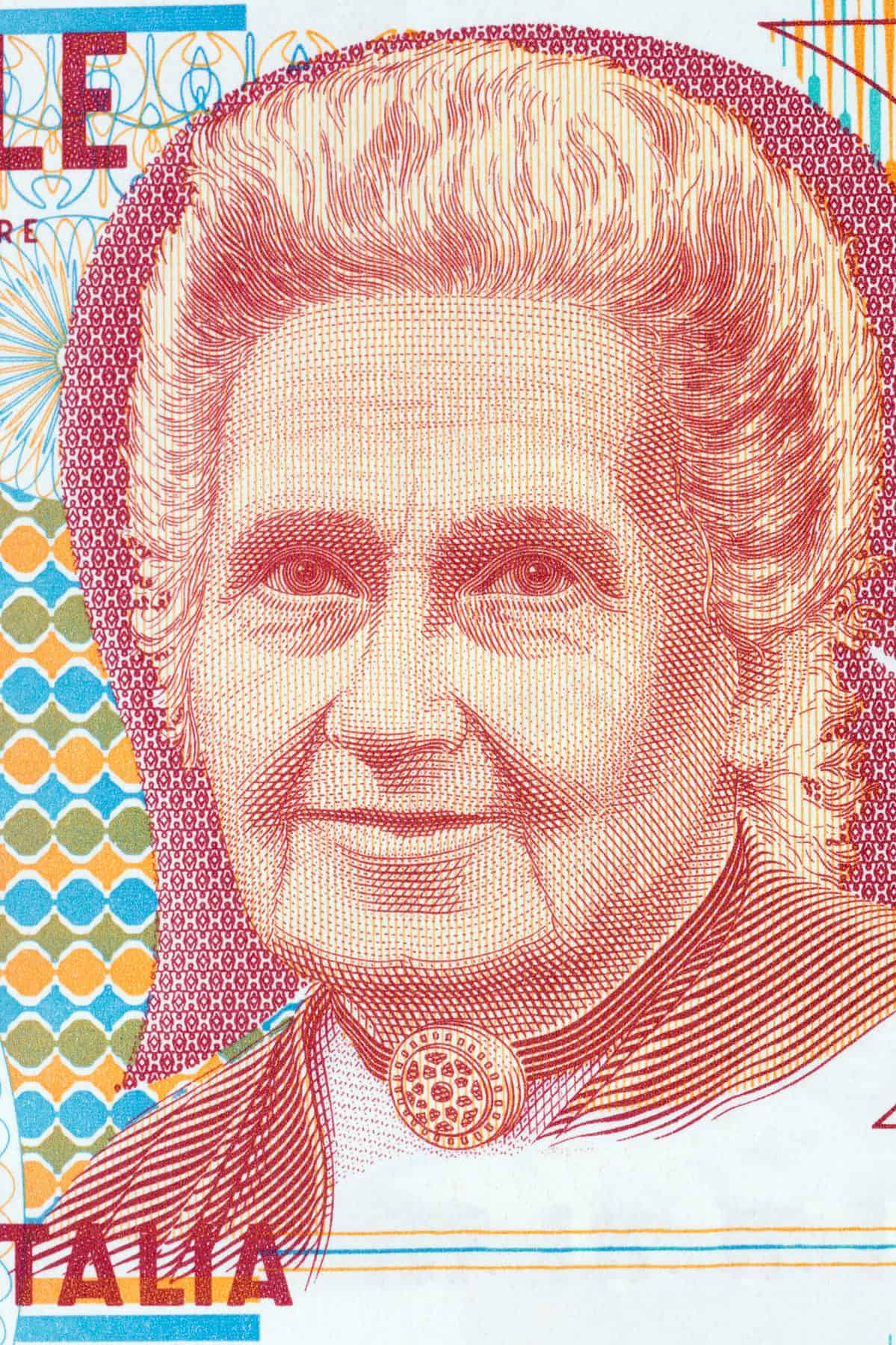
©Janusz Pienkowski/Shutterstock.com
Montessori spent the majority of her life as a teacher and mentor, her allegiance to the child never wavering. In the intervening years, her methods continue to stand the test of time. Today there are 20,000 Montessori around the globe, 5,000 of which are in the U.S.
Best Maria Montessori Quotes: Her Words
If you are familiar with the five principles of Montessori education, you will see them shining through in her words. Briefly, the five principles are:
- Respect for the child
- Acceptance of the child as a sentient being with an absorbent mind
- Awareness of sensitive periods when the child's mind is ready to acquire new skills
- Access to a prepared environment in which the tools of learning are organized and waiting
- The child is a capable teacher, able to educate him/her/themself, a/k/a auto-education
Respect For The Child
Maria Montessori's quote, "No social problem is as universal as the oppression of the child," reflects the first principle. To put this in perspective, in late 19th century Italy, 64% of children worked. Most worked in factories, with grueling hours and for lower pay than their adult co-workers. In the U.S. the numbers were a little better, with only 20% of school-aged children in the workforce. Thanks to progressive thinkers, like Maria Montessori, child labor began seeing reforms. The number of hours children worked and the conditions in which they worked, were governed by these reforms.
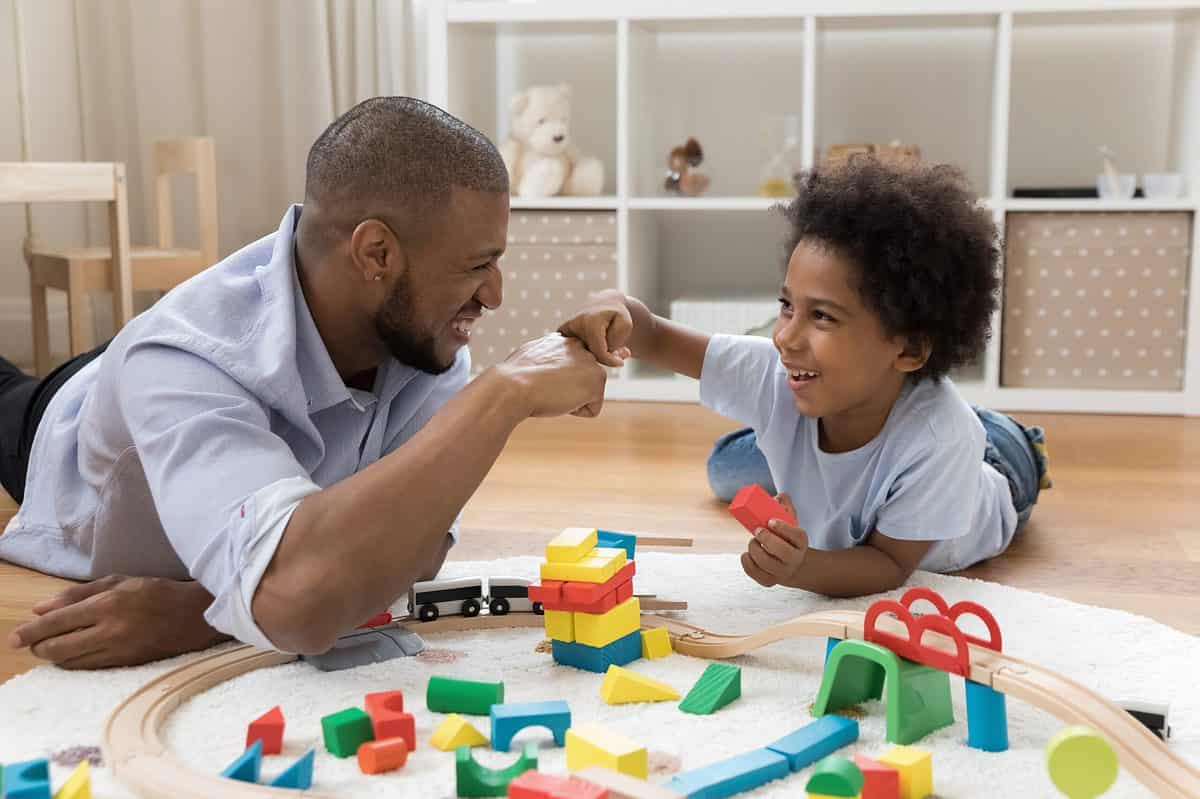
©fizkes/Shutterstock.com
The Absorbent Mind
Another of the best Maria Montessori quotes mirrors her second educational principle of understanding that children have absorbent minds: “The absorbent mind receives all, does not judge, does not refuse, does not react. It absorbs." Anyone who has spent even a short amount of time around a child /children can attest to this principle. They absorb facts and figures and feelings without prejudice or bias. Their innocence allows them to see more clearly and lucidly than the most intelligent adults.
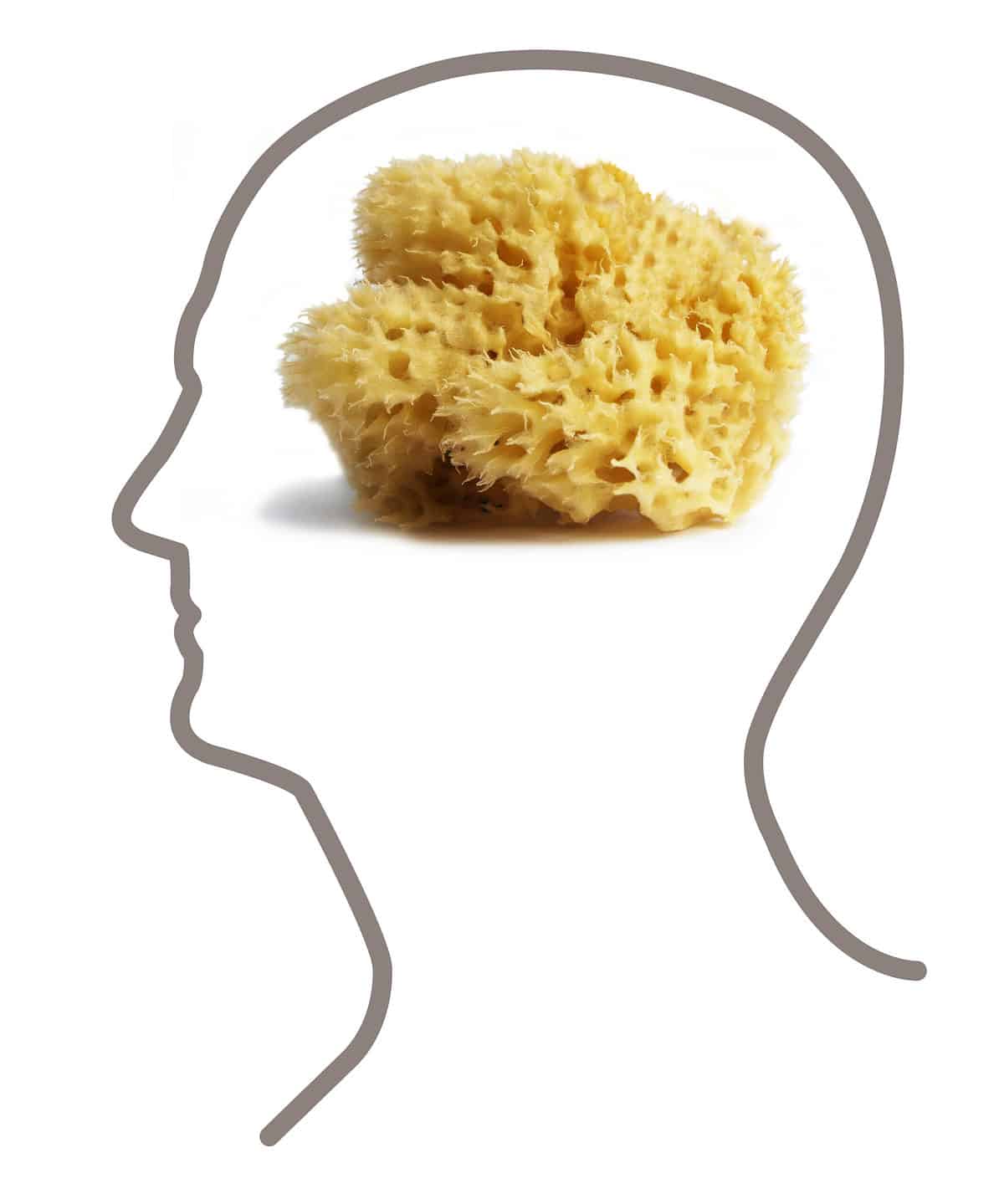
©jojof/Shutterstock.com
Sensitive Periods
About the sensitive periods in a child's development when neurological pathways are opening to new skills, Maria Montessori says, "It comes for but a moment, but its benefits last a lifetime." Observing children with intention Montessori was able to determine when sensitive periods in a child's intellectual development occur and the skills that coincide with each. She went on to say that when tapping into these sensitive periods at the right time, the child will embrace the task without viewing it as work.

©MillaF/Shutterstock.com
Access to a Prepared Environment
"Just as we have to prepare a special environment for sport, like a tennis court if we are to play tennis, the child must be given the means for the kind of exercise which is necessary for his life." The ideal environment for the child is one in which the furnishings and tools of learning are proportioned to the child. Tables and chairs are sized to accommodate smaller bodies in the Montessori classroom. Organization is also key. The prepared environment must have order. One of the roles of the Montessori teacher is preparing the classroom each afternoon so that students may go straight to their work.
This doesn't just mean that a classroom has its books and blocks stocked. But instead, there is a clear intention in the way the learning tools are arranged and how a teacher is ready to let their class loose in the world of learning. A structured invisible hand to guide the child's self-instruction.
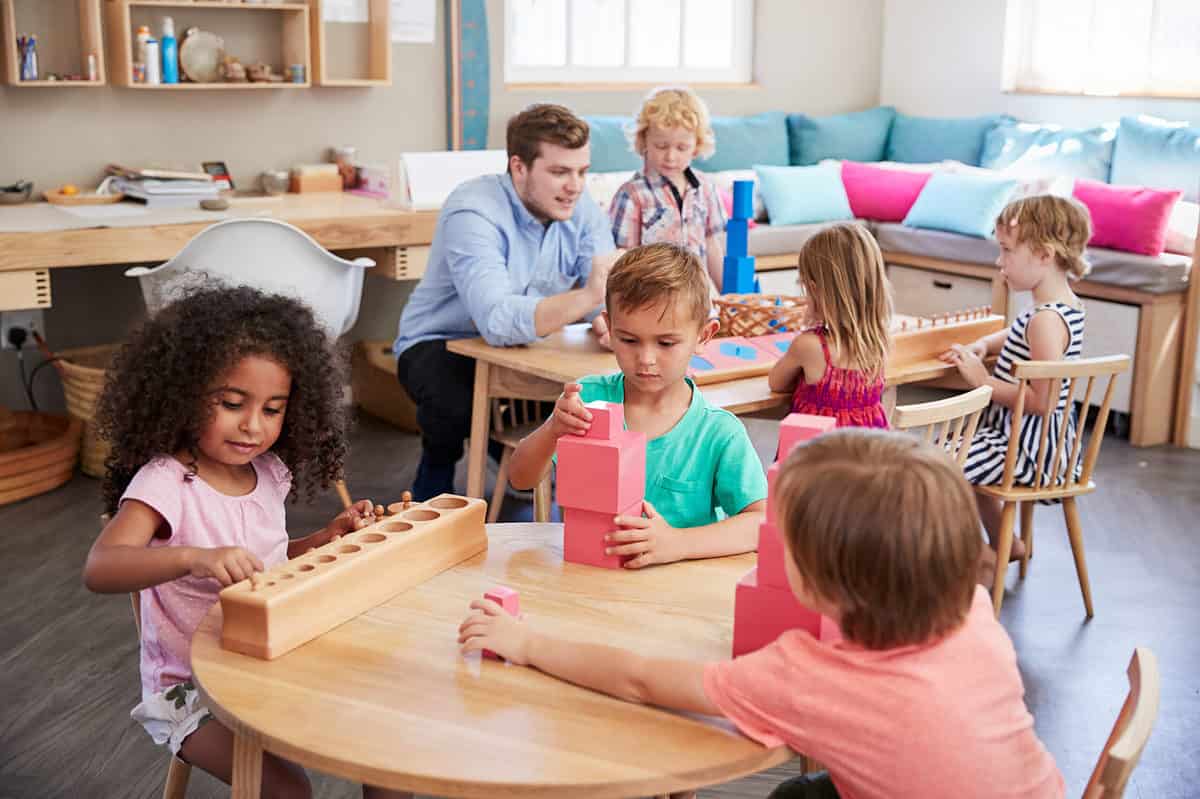
©Monkey Business Images/Shutterstock.com
The Child is a Capable Teacher
Maria Montessori, speaking about children being quite capable of educating themselves says, "Never help a child with a task at which he feels he can succeed." This statement is accepted and ignored, in equal measure. Many adults feel it's their job to do things for their children in compassionate attempts to make this child's life easier or less stressful. In fact, the opposite is true. A child's confidence derives from being able to successfully complete tasks by themselves. Maria Montessori also said, "The greatest sign of success for a teacher is to be able to say, 'The children are now working as if I did not exist.'”
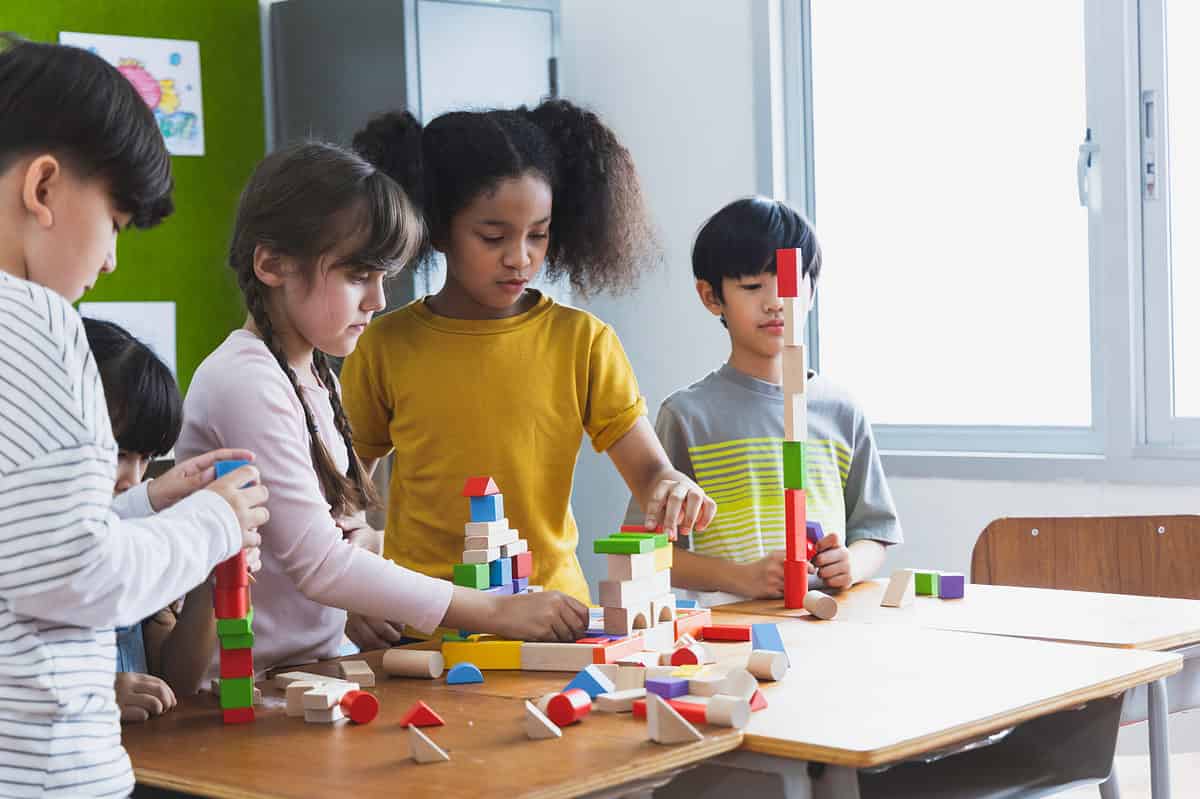
©JR-50/Shutterstock.com
Best Maria Montessori Quotes: Miscellaneous Musings
Movement
Beyond the quotes that reflect the five principles of Montessori education, Maria Montessori spoke many profound words regarding children and their place in the world. One of her more prescient quotes, “The task of the educator lies in seeing that the child does not confound good with immobility and evil with activity,” evokes the environment of many traditional classrooms in which good students sit still, keeping their hands to themselves, lest they provoke the ire of the teacher.

©BAZA Production/Shutterstock.com
Is it any wonder, then, that children imagine their natural impulses for movement and mischief to be bad or evil? Thinking of our own school experiences, it is easy to conjure that specific mood, no doubt, especially for those of us who were rambunctious children. This is why Montessori classrooms are characteristically buzzing with activity.
Place in the World
“It is not enough for the teacher to love the child. She must first love and understand the universe.” Though love is a huge factor in teacher/student relationships, love alone is not adequate to nurture the child's intellect. Montessori felt that to be exemplary teachers it was important for individuals to examine themselves in relation to the vast unknown.

©Miha Creative/Shutterstock.com
The Future
The notion that children are the future isn't original to Maria Montessori, who nonetheless stated, “Within the child lies the fate of the future.” She also understood that a child's future depends on a solid educational model that doesn't destroy a child's inner spark: “Our care of the child should be governed, not by the desire to make him learn things, but by the endeavor always to keep burning within him that light which is called intelligence.” Montessori's educational model provides an environment that stimulates a child's natural curiosity and innate desire for learning.

©2jenn/Shutterstock.com
“If education is always to be conceived along the same antiquated lines of a mere transmission of knowledge, there is little to be hoped from it in the bettering of man's future.” Maria Montessori understood that it was absolutely crucial for children to develop critical thinking skills if they were to better humankind. The Montessori is designed to aid children in the development of independent thought and the ability to analyze their thinking, critically.
Love
I will leave you with one final Maria Montessori quote that sums up her philosophy regarding children: “Children become like the things they love.”